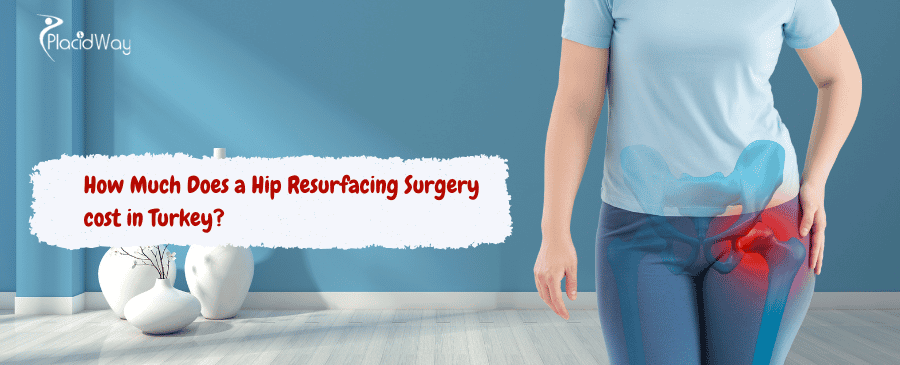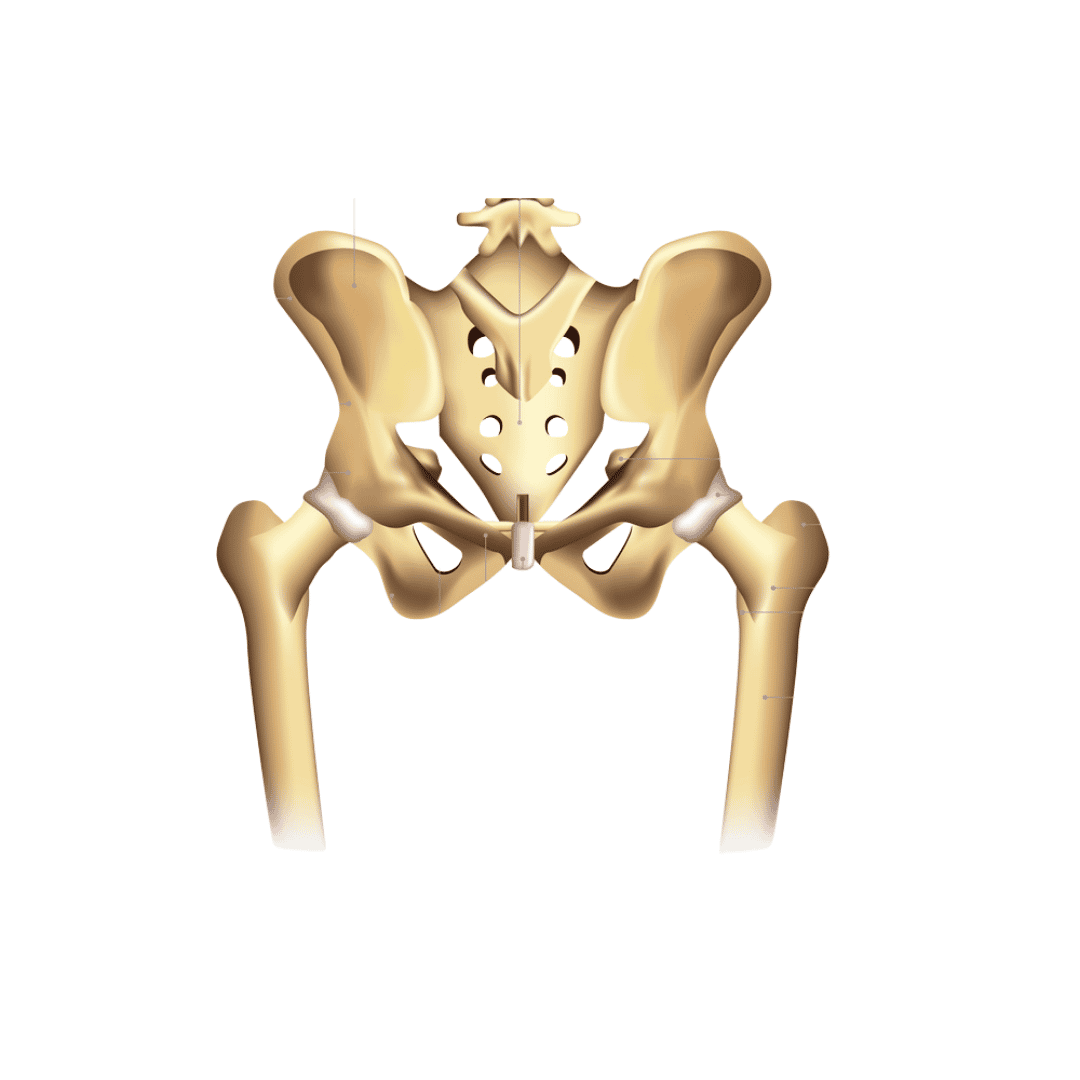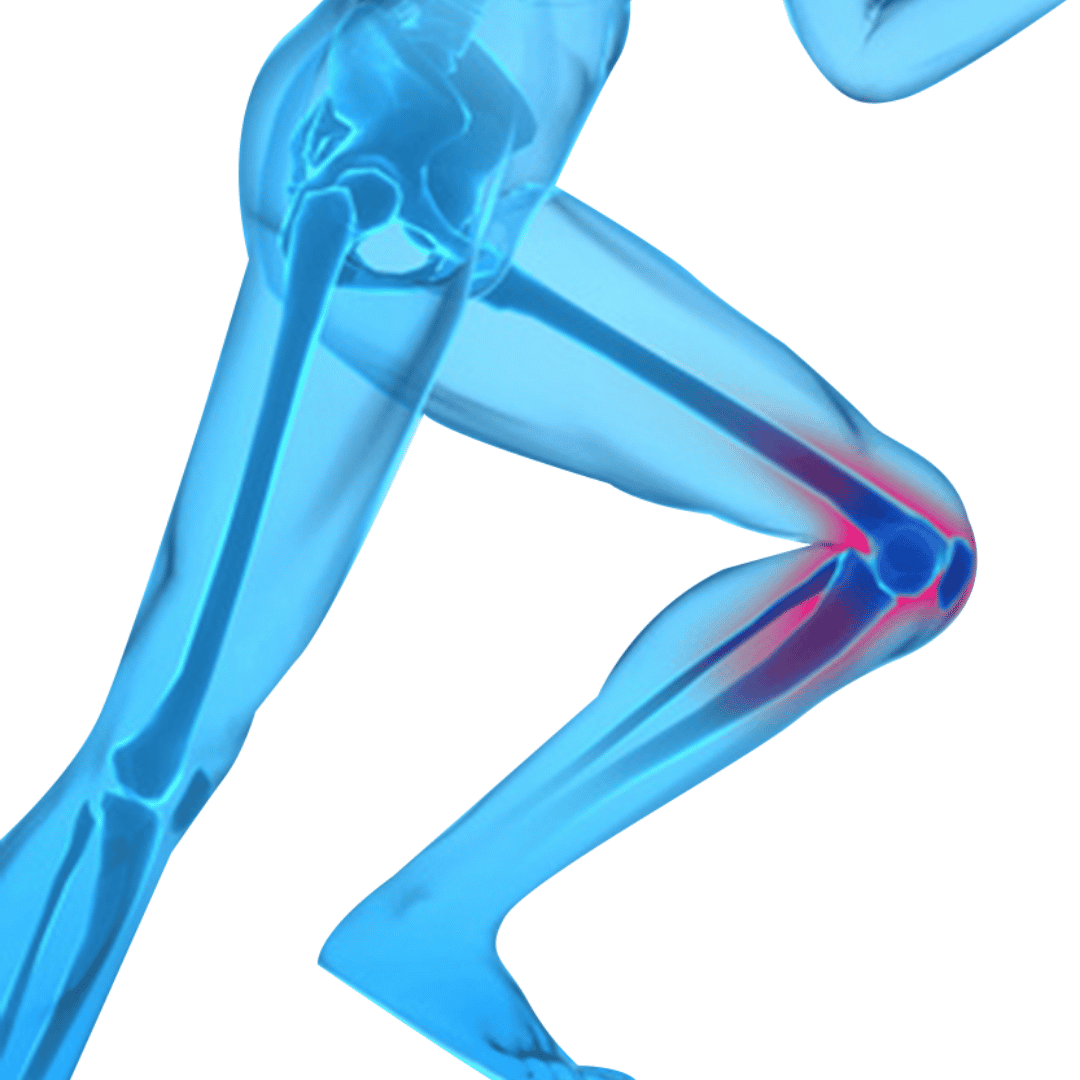Hip Resurfacing in Turkey: Costs, Quality, and Savings

If you're dealing with hip pain and considering your surgical options, you've likely come across hip resurfacing surgery as a potential solution. For many people, the high cost of this procedure in their home country can be a significant barrier. This is where Turkey has emerged as a leading destination for medical tourism, offering world-class orthopedic care at a fraction of the price. The purpose of this guide is to provide a complete overview of the costs, benefits, and factors involved in getting a hip resurfacing surgery in Turkey. We will break down everything you need to know, from the average prices to what to expect from an all-inclusive package. By answering the most common questions people have, we aim to give you the information you need to make an informed decision about your health.
What is the average cost of hip resurfacing surgery in Turkey?
The cost of hip resurfacing surgery in Turkey is one of the main reasons it attracts patients from around the world. The price is significantly lower compared to countries in North America or Western Europe. For instance, in the United States, a similar procedure can cost upwards of $30,000 to $50,000 or more, especially without insurance. In Turkey, the affordability is a result of a lower cost of living, favorable currency exchange rates, and government support for the medical tourism sector, not a compromise on the quality of care. Many clinics offer all-inclusive packages designed specifically for international patients, which can provide excellent value.
How does the cost of hip resurfacing in Turkey compare to other countries?
The cost difference is a major driver of medical tourism. Patients can save a substantial amount of money while still receiving high-quality treatment. The savings can often cover not only the surgery itself but also travel, accommodation, and a short recovery vacation. Below is a comparison table to illustrate the dramatic price differences for hip resurfacing and hip replacement procedures.
| Country | Average Cost (USD) |
|---|---|
| Turkey | $6,500 - $16,000 |
| United States | $40,000 - $70,000+ |
| United Kingdom | $16,000 - $23,000 |
| Poland | $7,000 - $10,000 |
What factors influence the final cost of hip resurfacing in Turkey?
When you receive a quote for hip resurfacing surgery in Turkey, it's important to understand that the final price can vary. Here’s a breakdown of the key factors that contribute to the total cost:
- Hospital and Clinic Reputation: Major hospitals in cities like Istanbul and Ankara with international accreditations (such as JCI) and state-of-the-art facilities may have higher prices than smaller clinics.
- Surgeon's Experience: A highly-experienced, board-certified surgeon with a long track record of successful procedures may charge more for their expertise.
- Type of Implant: The material and brand of the prosthetic hip components significantly impact the cost. High-quality, FDA-approved implants are more expensive but can offer better long-term results.
- Inclusions in the Package: All-inclusive packages often cover more than just the surgery. They might include hospital stay, medication, pre-operative tests, physical therapy, accommodation, and airport transfers. A basic package will be cheaper but may not include these added conveniences.
- Complexity of the Case: If a patient has a complex medical history or the hip joint requires more extensive work, the procedure may take longer and require more resources, thus increasing the price.
What is typically included in a hip resurfacing package in Turkey?
One of the reasons Turkey is so popular for medical tourism is the convenience of its all-inclusive packages. Instead of managing all the logistics yourself, these packages bundle everything into a single, transparent price. This is especially helpful for international patients who are unfamiliar with the local healthcare system. A typical package may include:
- Consultation: Initial consultation with the orthopedic surgeon.
- Pre-operative diagnostics: All necessary blood tests, X-rays, and other scans.
- Surgery: The cost of the surgical procedure itself.
- Hospital Stay: A specified number of nights in the hospital for recovery.
- Implant: The cost of the hip resurfacing implant.
- Post-operative care: Follow-up consultations and initial physical therapy sessions.
- Logistics: In many cases, this includes airport pickup, transportation to and from the clinic, and hotel stay for a specific duration.
Why is hip resurfacing surgery cheaper in Turkey?
The affordability of medical procedures in Turkey is a direct result of several economic factors. The cost of living and the average wages for medical professionals are significantly lower than in many Western countries. This allows hospitals to maintain a high level of service and use advanced technology at a reduced operational cost. These savings are then passed on to the patient. Furthermore, Turkey's government has actively supported the medical tourism industry, leading to increased competition and more affordable pricing. This creates a market where patients can get top-tier care for a fraction of what they would pay elsewhere.
Is the quality of hip resurfacing surgery in Turkey reliable?
Turkey has invested heavily in its healthcare infrastructure to become a global leader in medical tourism. Many hospitals hold certifications from reputable international organizations, such as the Joint Commission International (JCI). These accreditations mean that the hospitals meet rigorous standards for patient safety and quality of care, on par with leading institutions in the U.S. and Europe. Surgeons often have international training and memberships in global orthopedic associations, and they are well-versed in the latest surgical techniques. When choosing a clinic, it's always a good idea to check for these accreditations and to read patient reviews to ensure you are selecting a trusted provider.
What are the main differences between hip resurfacing and total hip replacement?
Understanding the distinction between these two procedures is crucial for making the right choice for your health. While both aim to alleviate hip pain and restore function, they are fundamentally different:
- Total Hip Replacement (THR): This is the more traditional procedure. The surgeon removes the damaged femoral head (the "ball" of the hip joint) and the acetabulum (the "socket"). Both are replaced with artificial components, typically made of metal, ceramic, or plastic. This is a highly effective procedure for a wide range of patients, particularly older individuals.
- Hip Resurfacing: This is a newer, less invasive option. The surgeon reshapes the femoral head and caps it with a smooth metal covering. The acetabulum is also replaced with a metal shell. This procedure preserves more of the patient's original bone. It is generally recommended for younger, more active patients who have stronger bones.
The choice between the two depends on several factors, including your age, bone quality, lifestyle, and the extent of the joint damage. Your surgeon will discuss which option is best for you during your consultation.
Considering hip resurfacing or another orthopedic procedure? PlacidWay can connect you with top-tier, internationally accredited medical facilities in Turkey and beyond. Explore your options for quality, affordable healthcare solutions tailored to your specific needs.


.png)
-Treatment-Package.png)


.png)


.png)
.png)






Share this listing